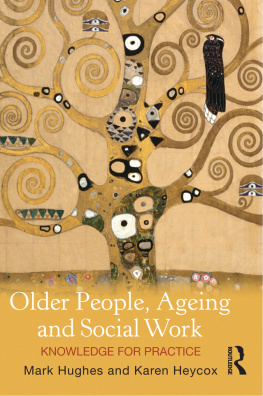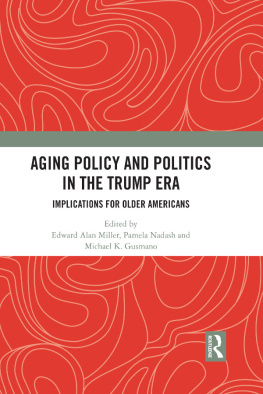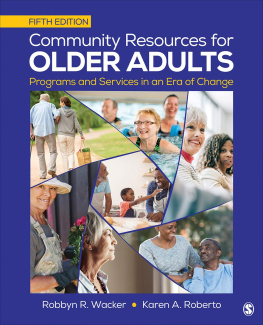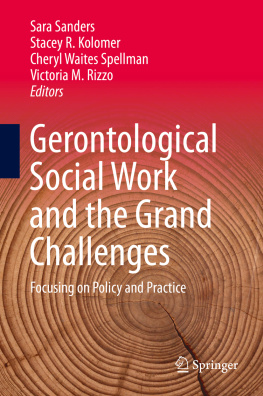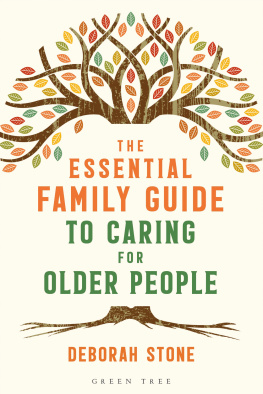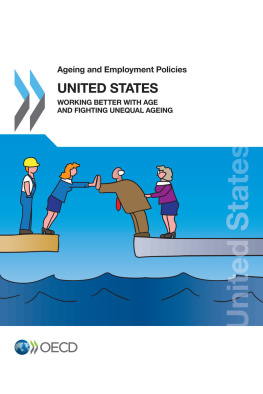ABOUT THE EDITOR
William Aspray is Senior Research Fellow at the Charles Babbage Institute at the University of Minnesota, Twin Cities. He has previously held leadership positions at the Babbage Institute, IEEE History Center, and Computing Research Association and senior faculty positions in the information schools at Indiana (Bloomington), Texas (Austin), and Colorado (Boulder). He has also taught at Harvard, Penn, Virginia Tech, and Williams. His research interests include information history, computing history, information behavior, information policy, underrepresentation in computing, food studies, and history and philosophy of mathematics. His most relevant publications to this book are Everyday Information (ed. with Barbara Hayes, MIT Press, 2011) and Deciding Where to Live (ed. with Melissa Ocepek, Rowman & Littlefield, 2021). He received his PhD in history of science from the University of Wisconsin, Madison.
ABOUT THE CONTRIBUTORS
Pallabi Bhowmick is a PhD student in informatics at Indiana University and is being advised by Professor Katie A. Siek. Her research interest is broadly focused on developing Internet of Things devices to support older adults in living more independently using technology. She is particularly interested in investigating how older adults connect with each other and empowering them to build better social connectivity with the help of technology, thereby reducing social isolation. She earned her B.Tech degree in computer science and engineering in India and pursued an MS degree in informatics from the Technical University of Munich, Germany. She worked as a developer in Wipro and Intel before joining Indiana University, Bloomington.
Claudia Grisales Bohorquez is a doctoral student in informatics at the University of Illinois at Urbana-Champaign. She is interested in participatory design of information systems and technologies that can support communal work in a damaged world. Her research looks at the possibilities of design to contribute to futures of collaboration, care, and reconciliation in areas of entangled environmental and armed conflict in Colombia. She is also a researcher for the Center of Alternatives to Development.
Robin Brewer is an assistant professor in the School of Information at the University of Michigan. She holds a courtesy appointment in computer science and engineering and affiliation with the Digital Studies Institute. Her research lies at the intersection of human-computer interaction, accessibility, and computer science. Robins recent work focuses on how voice-based interfaces can improve information access for older adults and people with disabilities as well as the design and study of technology for social well-being. Robin received her PhD in technology and social behavior; a joint doctoral degree in computer science and communication studies from Northwestern University; an MS in human-centered computing from University of Maryland, Baltimore County; and a BS in computer science from University of Maryland, College Park.
Clara Caldeira is a Computing Innovation Fellow in the Department of Informatics at Indiana University, Bloomington. Her research in human-computer interaction involves topics such as aging-in-place technology, chronic condition management, cultural and psychosocial aspects of users experiences, and human-data interaction. She earned her PhD and masters degrees in informatics from the University of California, Irvine, and her bachelors degree in computer science from University of Brasilia, Brazil.
Kay Connelly is a professor in the Department of Informatics and the associate dean for research in the Luddy School of Informatics, Computing, and Engineering at Indiana University, Bloomington. Dr. Connellys research interests are in the intersection of mobile and pervasive computing and health care. In particular, she is interested in issues that influence user acceptance of health technologies, such as privacy, integration into ones lifestyle, convenience, and utility. Dr. Connelly works with a variety of patient groups, including very sick populations who need help in managing their disease, healthy populations interested in preventative care, and senior citizens looking to remain in their homes for as long as possible. Her research is supported by the National Institutes of Health, National Science Foundation, and private foundations such as the Lilly Foundation. She received a BS in computer science and mathematics from Indiana University (1995) and an MS (1999) and PhD (2003) in computer science from the University of Illinois.
James W. Cortada is Senior Research Fellow at the Charles Babbage Institute at the University of Minnesota, Twin Cities. He worked at IBM for nearly four decades, holding leadership positions in sales, management consulting, and research. He has published extensively on the history and management of information and information technology. He currently studies the role of information ecosystems and infrastructures. His most recent publications include IBM: The Rise and Fall and Reinvention of a Global Icon (MIT Press, 2019) and Building Blocks of Modern Society: History, Information Ecosystems, and Infrastructures (Rowman & Littlefield, 2021).
David Hopping is a teaching assistant professor at the University of Illinois, Urbana-Champaign, in the School of Information Science. His research interests include intergenerational community informatics, digital inclusion and digital literacy, relational sociology, and sociological theory. Hopping helped to build the not-for-profit community development organization Generations of Hope and served as the organizations executive managing director from 2006 to 2015 and as executive director in 2016. His current research involves the use of biofeedback and gaming technologies to enhance human capabilities and to mitigate vulnerabilities through the fostering of socioemotional resilience and the augmentation of carefully designed spaces of interaction in ways that promote bonding, learning, and playful engagement across generations. He received his PhD from the University of Illinois, Urbana-Champaign in the Department of Sociology.
Mary Janevic is an associate research scientist in health behavior/health education at the University of Michigan School of Public Health and is a faculty member of the University of Michigans Center for Managing Chronic Disease. Her work focuses on interventions to promote self-care among individuals with chronic pain and other chronic illness, particularly older adults and women; family support for chronic illness management; physical activity among individuals with chronic illness; and the effects of having multiple chronic conditions on self-care and health outcomes. Previously Dr. Janevic was a postdoctoral fellow at the Department of Epidemiology and Public Health at University College London, UK, where she assisted with the English Longitudinal Study on Aging. She has also worked at Kaiser Permanente, Northern California Region, where she coordinated health education programs focusing on chronic disease management.
Ben Jelen is a PhD student in informatics at Indiana University, Bloomington. His research has focused on how to engage older adults in technology through craft-based electronic toolkits, breaking down technophobic stereotypes and bringing them into the design of older-adult-focused technology. He is advised by Dr. Katie Siek in the ProHealth lab, where his work is funded through the National Science Foundation, including a fellowship through the NSF Graduate Research Fellowship Program. He earned an MS in informatics at Indiana University, Bloomington, and a BS in biomedical engineering from The Ohio State University.
William Jones is a research associate professor emeritus in the Information School at the University of Washington. He continues to work on the challenges of keeping found things found, both as a research topic and in his own life. He is recently interested in the relationships between information, knowledge, and successful aging. William has published in the areas of personal information management, human-computer interaction, information retrieval (search), and human cognition/memory. He wrote the book


